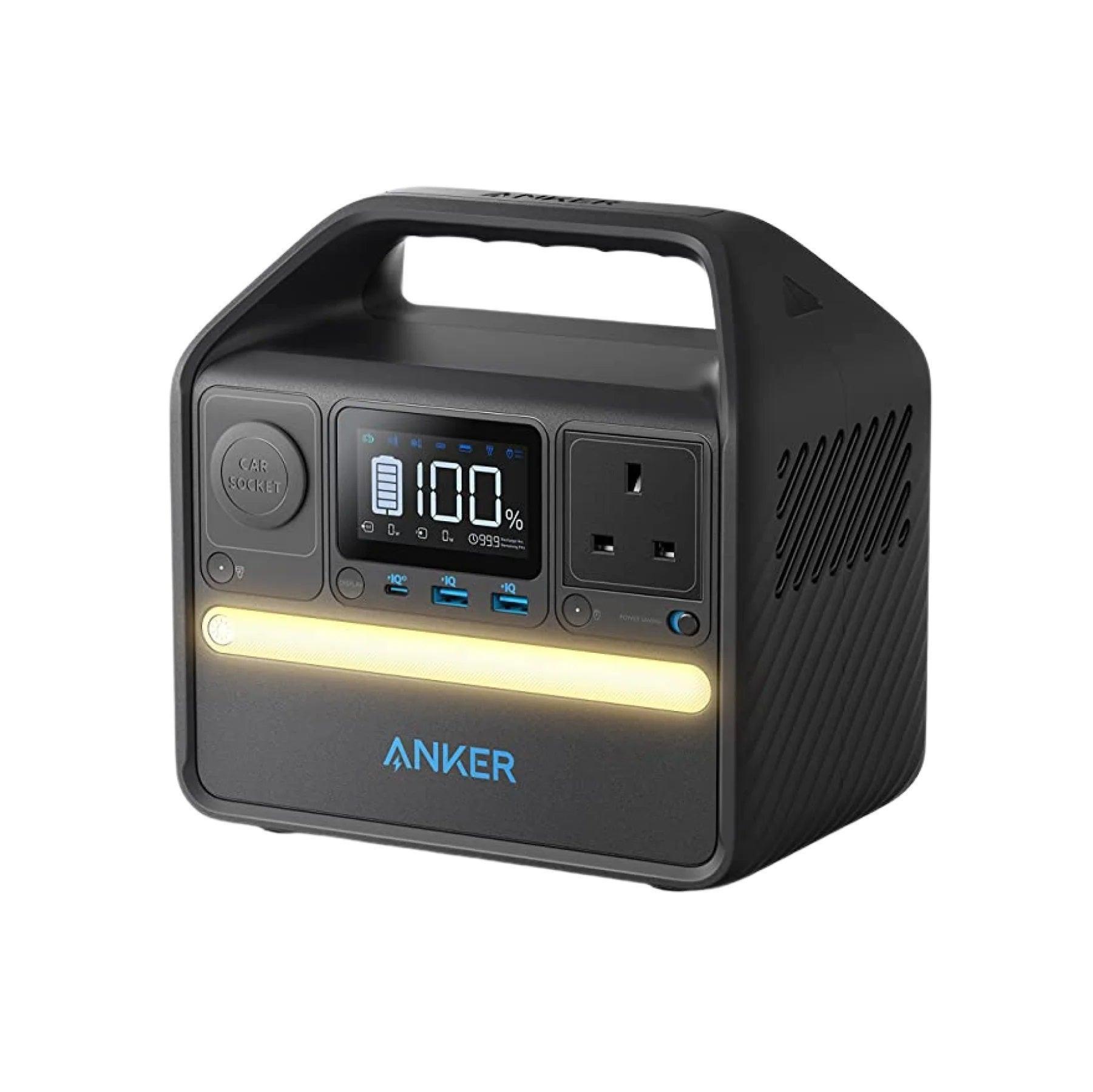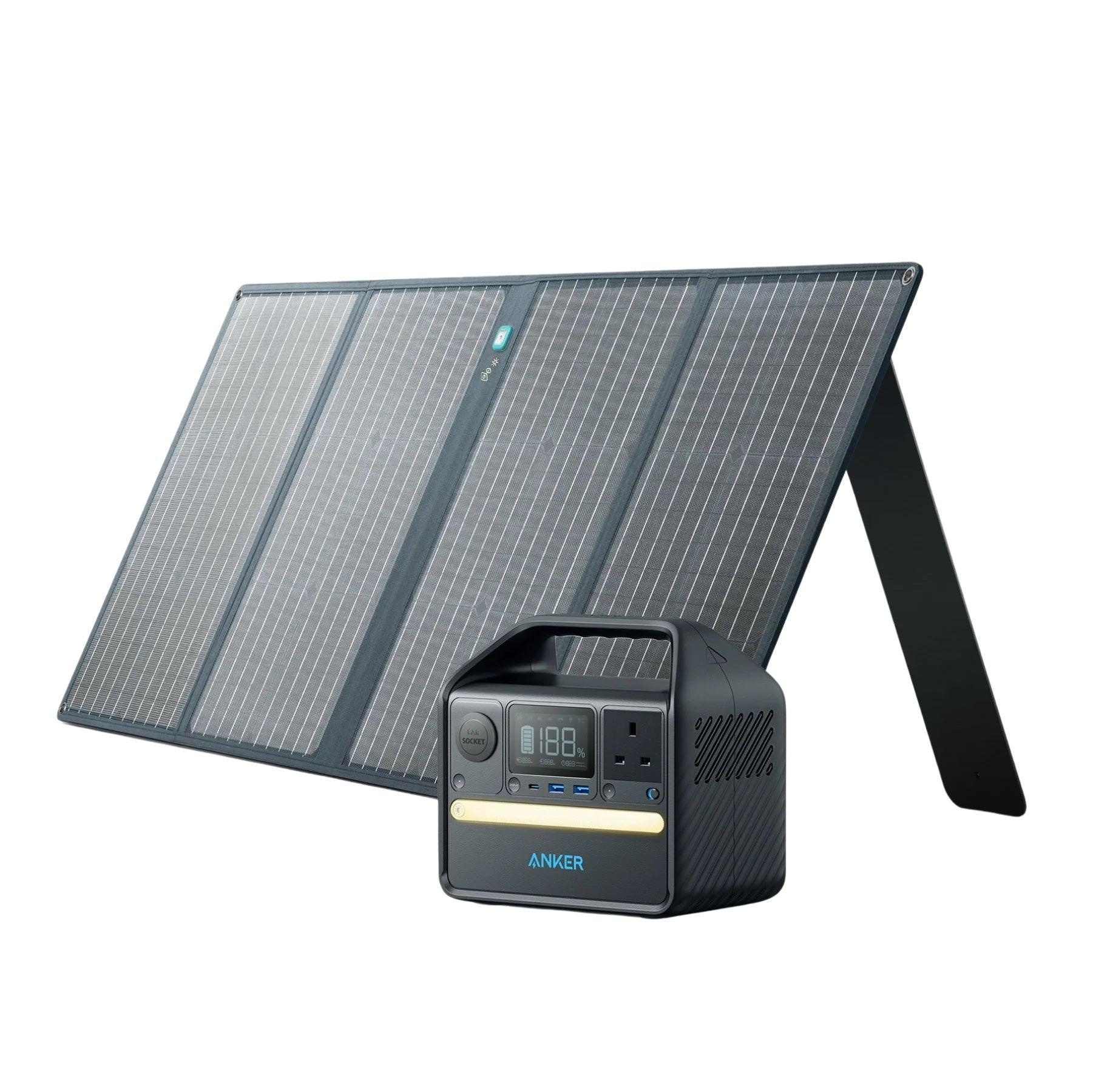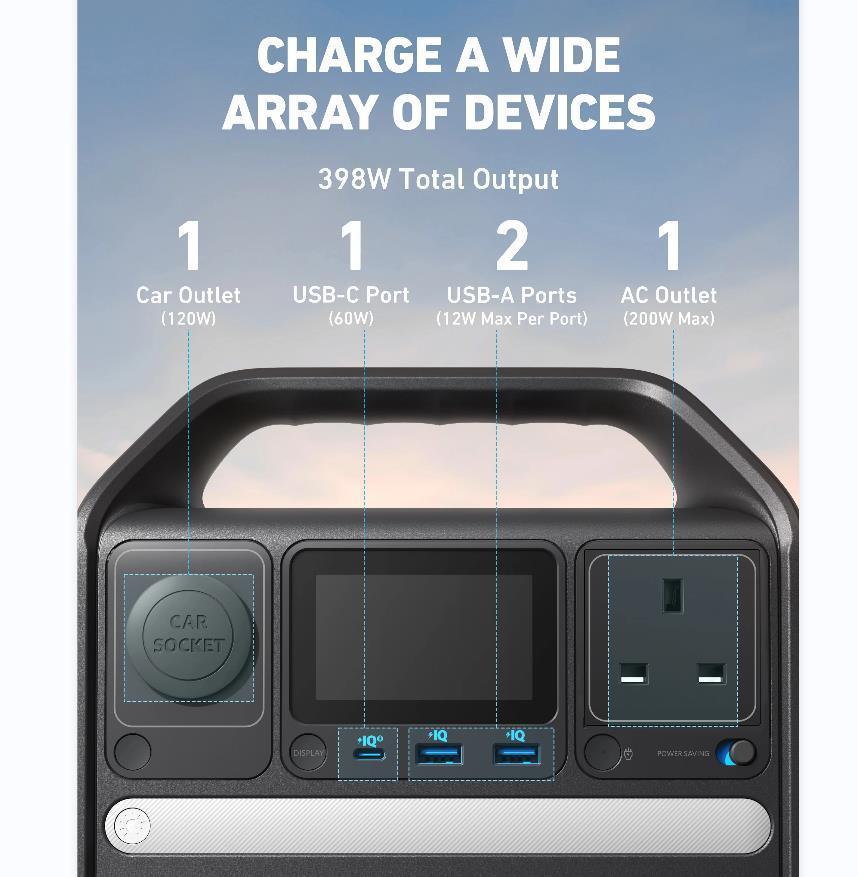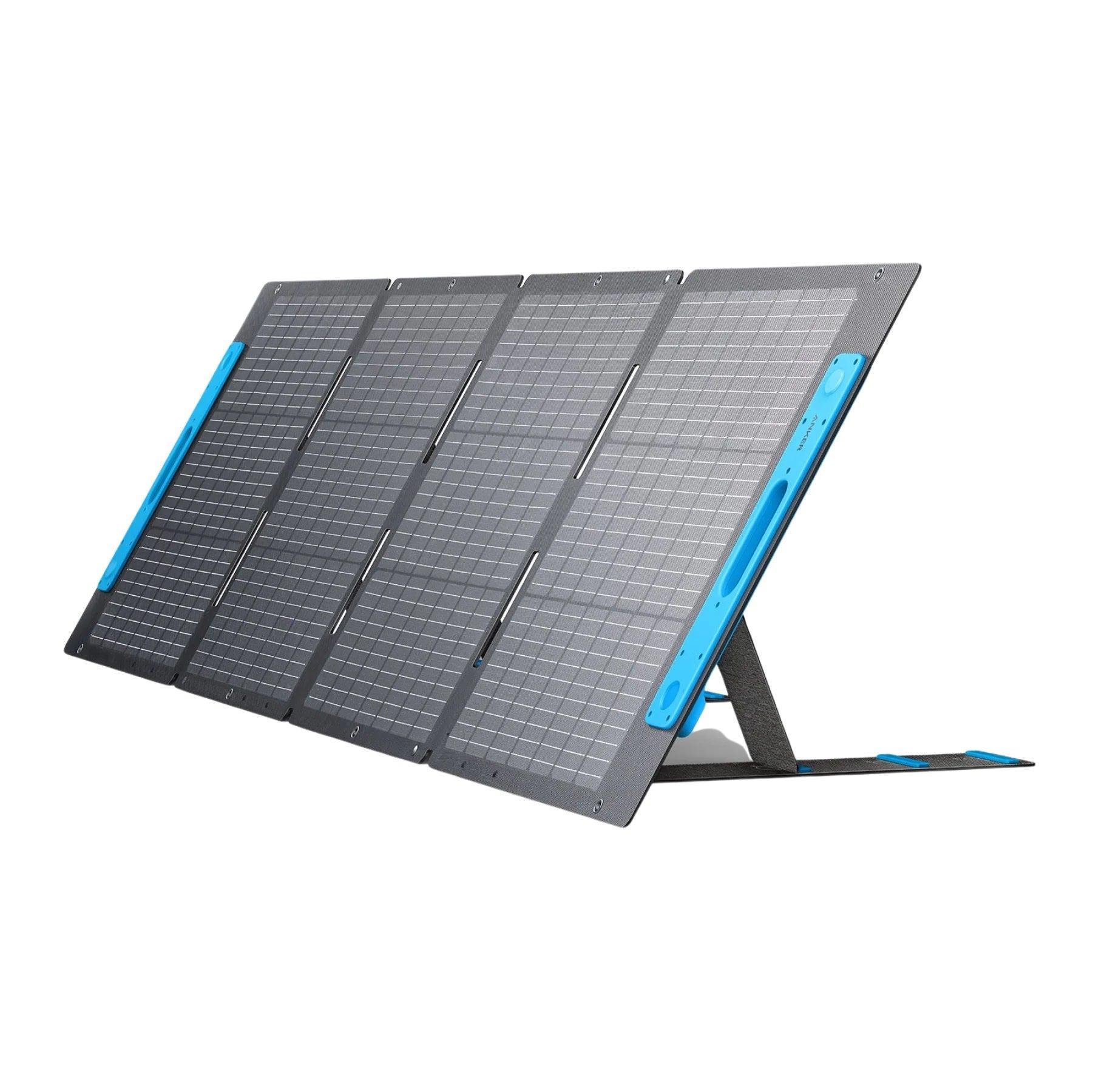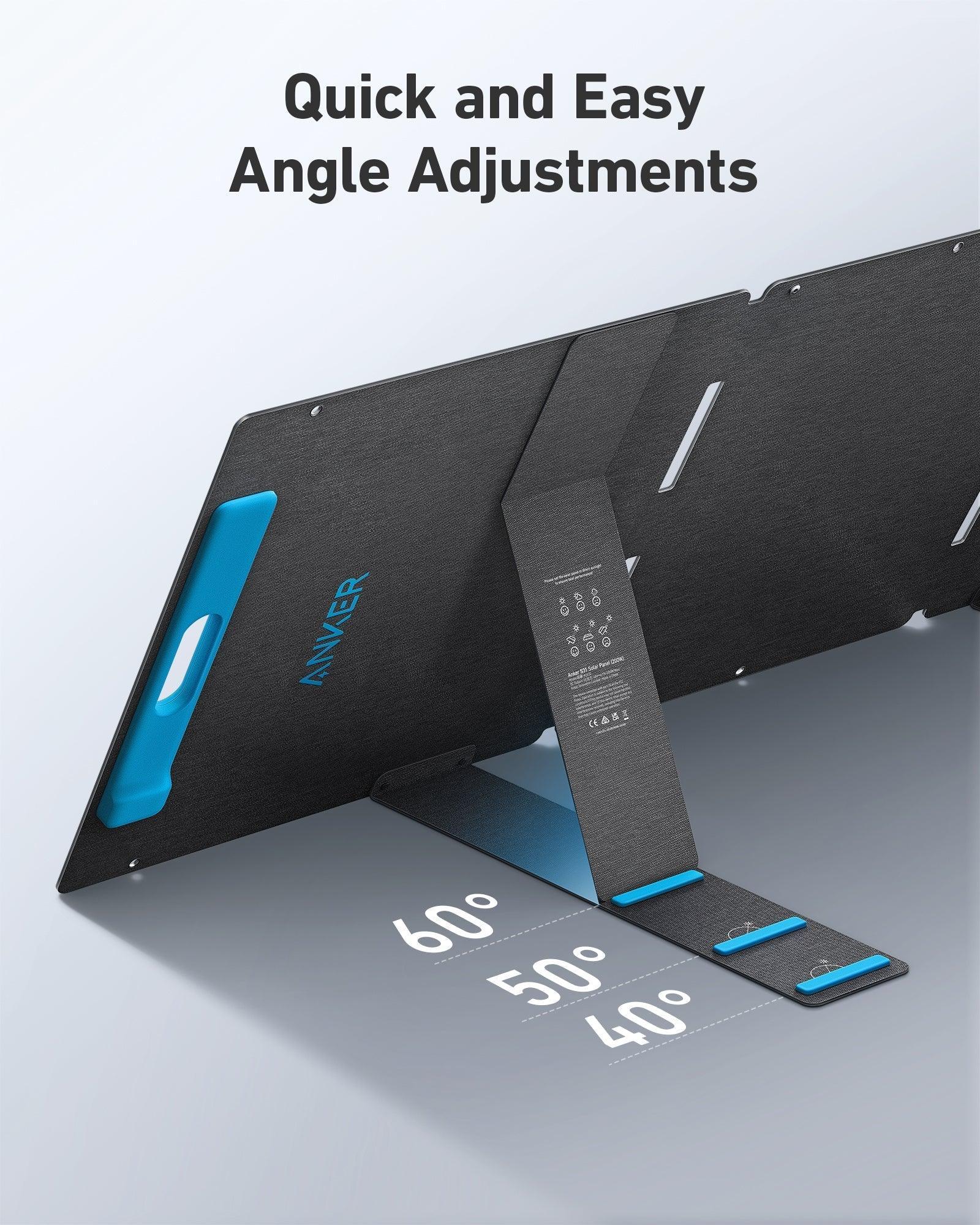Solar panels are widely recognized as a reliable and sustainable source of energy. Harnessing the power of sunlight, they offer an eco-friendly alternative to traditional energy sources. However, a common question that arises is "Do solar panels need direct sun". In this blog, we will delve into this intriguing topic and provide expert answers and advice to shed light on the role of direct sunlight in the performance of solar panels. Whether you are considering investing in solar energy or simply curious about how solar panels work, this article will equip you with valuable insights to better understand the relationship between solar panels and sunlight.

Do Solar Panels Need Direct Sunlight?
Solar panels are most efficient when they receive direct sunlight, but they can still function and generate electricity without it. Direct sunlight provides the highest amount of solar energy for the panels to convert into electricity. However, indirect sunlight, which includes diffuse sunlight and reflected light, also contains photons that solar panels can utilize.
Solar panels work by harnessing photons from sunlight and converting them into electrical energy through the photovoltaic effect. Direct sunlight provides a greater concentration of photons, resulting in higher electricity production. On the other hand, indirect sunlight refers to sunlight that is reflected off surfaces or scattered due to factors like clouds, shade, or atmospheric conditions.
While indirect sunlight can still power solar panels, its lower concentration of photons leads to reduced electricity generation. The effectiveness of solar panels in indirect sunlight depends on factors such as the intensity and duration of the indirect light, as well as the specific design and efficiency of the solar panel system.
In summary, do solar panels work without the sun? No. solar panels do not work without sunlight. However, solar panels do not strictly require direct sunlight to work. They can generate electricity using both direct and indirect sunlight. However, direct sunlight maximizes their efficiency and power output, while indirect sunlight may result in reduced energy production.
How Much Direct Sunlight Do Solar Panels Need?
Before delving into how much direct sunlight do solar panels need, let's first understand what we mean by "direct sunlight". Direct sunlight refers to sunlight that reaches the solar panels without any obstructions or shading. During these peak sun hours, the intensity of sunlight is strong, providing the panels with the maximum amount of energy.
The amount of direct sunlight needed is typically measured in watts per square meter (W/m²). For solar panels to perform at their best, they require approximately 1000W/m² of sunlight. This measurement ensures that the panels receive enough energy to convert into electricity effectively. On average, they need about four to five hours of direct sunlight per day to generate optimal electricity.
It's important to note that the number of direct sunlight hours may vary depending on factors such as geographical location, time of year, and weather conditions. Some regions receive more sunlight throughout the day, while others may have shorter periods of direct sunlight.
While solar panels can still generate electricity with less than the optimal amount of direct sunlight, their overall efficiency may be reduced. Therefore, it's important to consider the available sunlight in a given location when planning for a solar panel installation.
Can Solar Panels Work in the Shade?

Yes, solar panels can work in the shade, but their power output will be diminished. Shade from buildings, trees, or other objects can block sunlight from reaching the solar panels, resulting in reduced energy production. The duration of shading also plays a role, as prolonged shade will further impact the panels' performance.
To mitigate the effects of shading, newer solar panels with half-cut photovoltaic cell technology can be used. These panels are designed to minimize the impact of partial shade. Additionally, the type of inverter used in the panel system of the solar generator can make a difference. Systems employing microinverters or DC power optimizers can minimize the impact of shade on the entire array, whereas a central string inverter may lead to a decrease in power output for the entire system.
If considering solar panel installation in a shaded area, it is recommended to consult with a professional solar installer who can assess the shade levels and design a system that maximizes energy production.
How Do Weather Conditions Affect Solar Panel Efficiency?

Weather conditions, such as cloudy, rainy, and snowy days, can affect the efficiency of solar panels. Let's explore each scenario:
On Cloudy Days
Solar panels can still generate electricity on cloudy days, albeit at a lower efficiency compared to sunny conditions. Clouds block a portion of the sun's energy from reaching the panels, resulting in a reduced power output. The extent of this reduction depends on the thickness of the cloud cover. Thicker clouds will diminish solar panel performance more than thin, high-altitude clouds.
On Rainy Days
Rainfall affects solar panel performance in a similar way to cloudy conditions. Rain itself does not directly affect solar panel output. However, rainy days are often accompanied by heavy cloud cover, which significantly reduces the amount of sunlight reaching the panels. As a result, solar panel performance can be reduced by 40-90% during rainy conditions. However, it's worth noting that rain can have a positive side effect by helping to clean the solar panels, especially in dusty areas. Once the rain has passed, solar panel efficiency is likely to improve.
On Snowy Days
Solar panels can still generate power during light snowfall. Sunlight can penetrate through a light dusting of snow, allowing the solar panels to produce electricity. In fact, cold temperatures can even enhance solar panel performance by preventing them from overheating, which can reduce efficiency. However, heavy snowfall can obstruct sunlight and significantly reduce energy production. Fortunately, solar panels are designed to shed snow easily, minimizing the impact of heavy snow accumulation.
Overall, while weather conditions like clouds, rain, and snow can affect solar panel efficiency, they do not render solar panels completely ineffective.
How to Use Solar Energy Without Sunlight?
While direct sunlight is optimal for solar panel performance, there are ways to utilize solar energy even when direct sunlight is not available. One such solution is the use of energy storage systems, such as solar portable power stations, which are especially convenient and sustainable for harnessing solar energy without direct sunlight. These compact devices come equipped with solar panels and battery storage, allowing them to capture and store solar energy. By harnessing solar energy during sunny periods and storing it in a built-in battery, and used when sunlight is limited. Solar portable power stations ensure that you can access clean and renewable energy even when the sun isn't shining. This stored energy can be used to power your devices and appliances, providing you with electricity when direct sunlight is unavailable.
Whether you're in a remote location, experiencing a power outage, or simply want to reduce your reliance on the grid, the solar portable power station offer a practical solution. They allow you to make the most of solar energy, maximizing its benefits and providing a sustainable power source wherever you go.
Final Thoughts
Solar panels indeed perform best in direct sunlight, but they can still generate electricity in various conditions. Whether it's shade, cloudy weather, rain, or light snowfall, solar panels continue to contribute to your energy needs. Additionally, with the availability of energy storage systems and solar portable power stations, you can further enhance the utilization of solar energy, making it a reliable and sustainable power source.
[ddshopfaq-59448]

